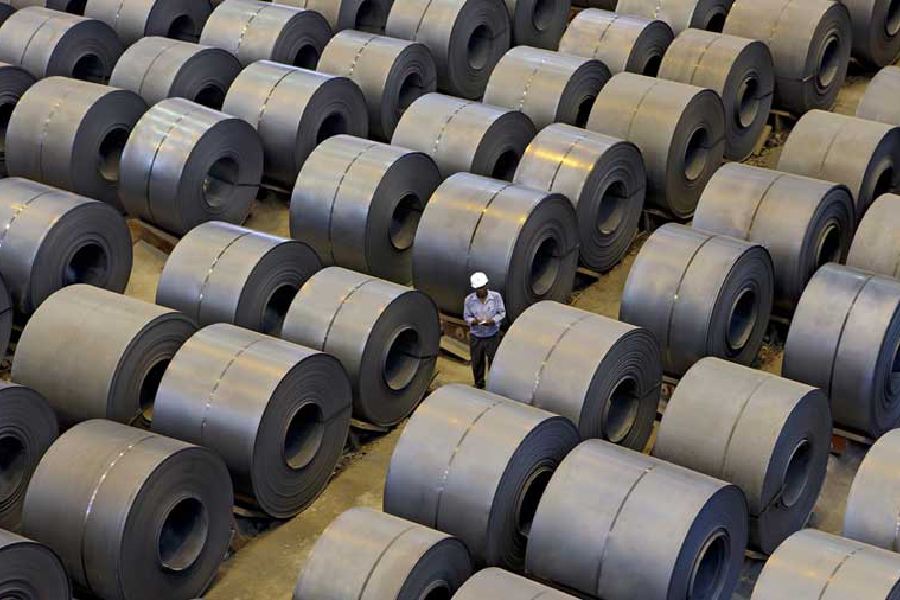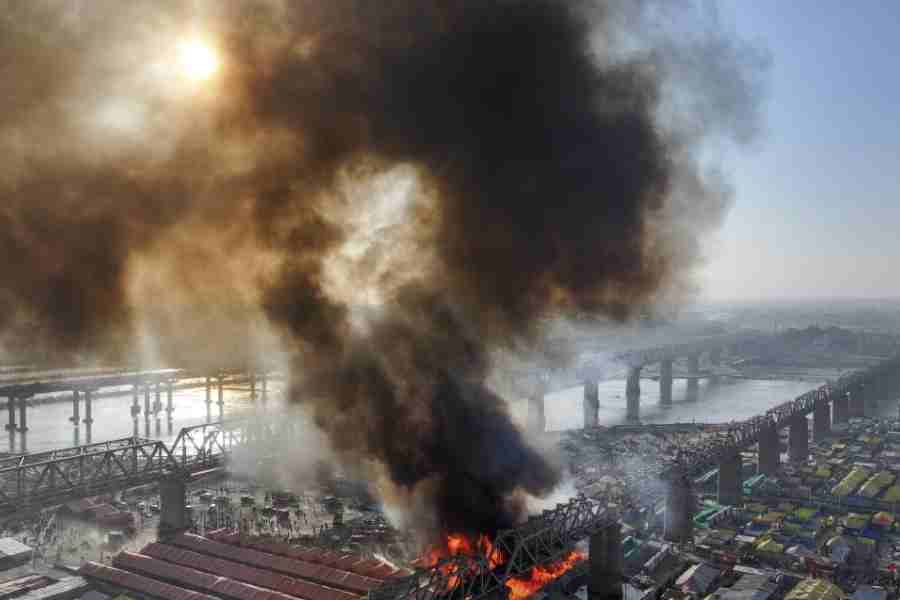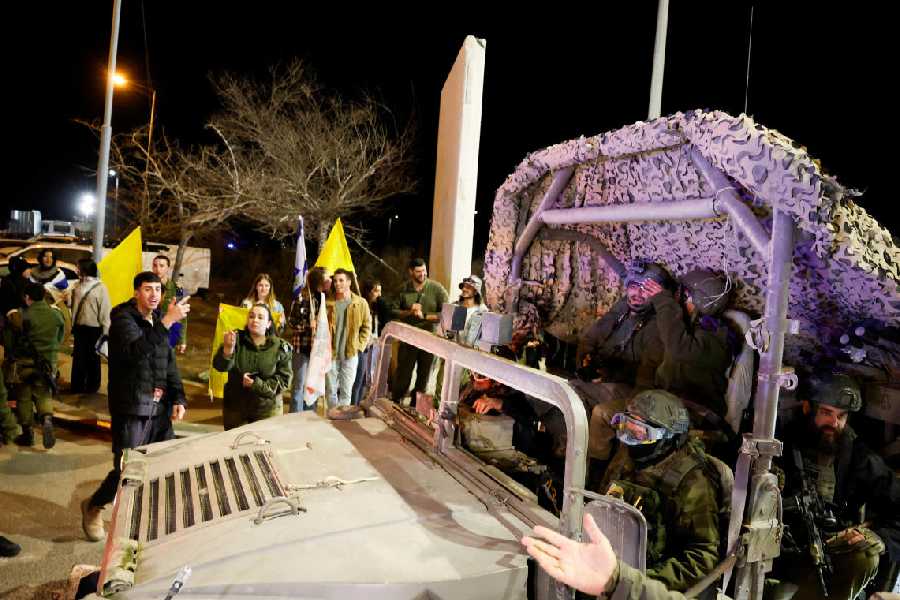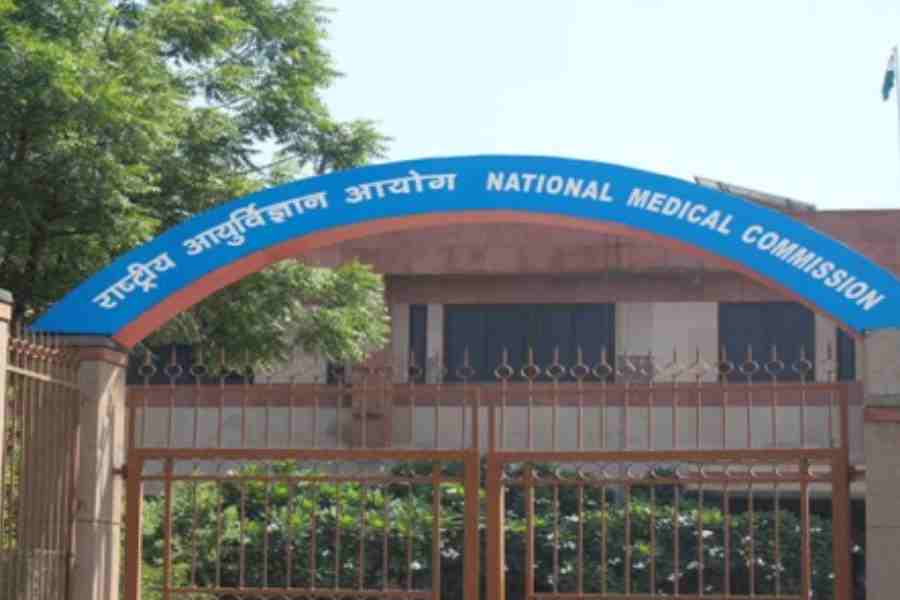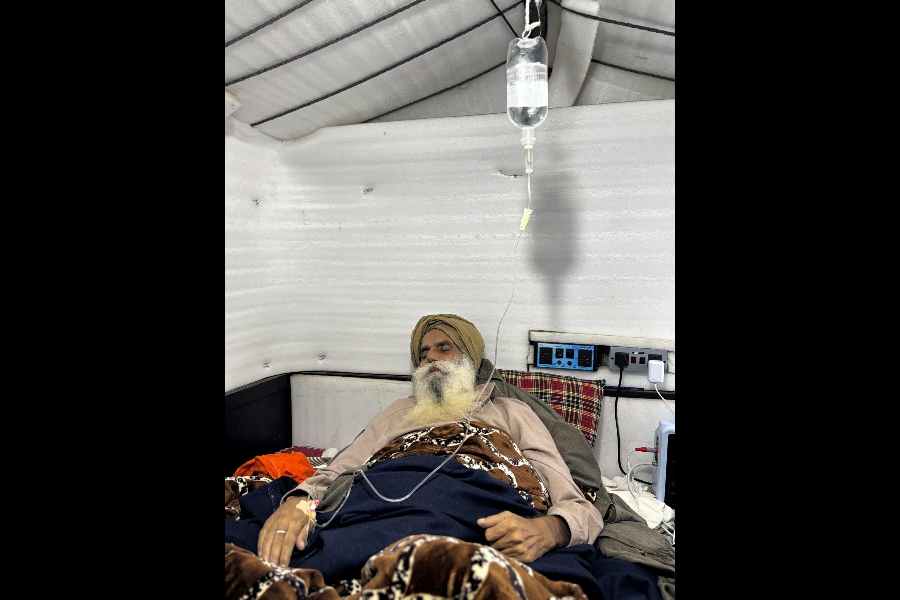Bengal recorded a 12 per cent growth in steel production in FY2024, lagging marginally behind the national average as Indian steel output rose to 143 million tonnes in the last fiscal.
Data collected by market intelligence platform BigMint pegged India’s growth at 13 per cent, mostly led by top producing states such as Odisha, Jharkhand, Chhattisgarh, Karnataka among others (See chart).
Steel production in Bengal stood at 11mt in FY24, compared with 9.83mt in the previous fiscal. The Indian production hovered around 127mt in FY23
Odisha, which is endowed with iron ore and coal— two key raw materials for steel making by the blast furnace route — was the largest producer among Indian states with 26mt production. The state also boasts of multiple sea ports allowing logistic advantage to producers.
Jharkhand, which has been the cradle of steel production in India, stood second with 20mt production, followed by another mineral rich state Chhattisgarh, which produced 18mt steel.
The growth in steel production was led by the primary producers (the large integrated players such as Tata and JSW) and smaller secondary producers who usually took the sponge iron route to steel making.
However, BigMint noted that electric induction furnace (IF), which uses electricity for melting, spearheaded the production in FY24 and the share of this segment rose to 35 per cent.
Small-scale producers usually prefer the route where small to medium batches of metal are melted, requiring precise temperature control. These mills witnessed higher margins resulting in higher capacity utilisation from these players.
In comparison, the electric arc furnace (EAF), which is suitable for large-scale metal recycling and for melting various grades of metal scraps, is gaining currency among some of the large integrated producers as well. Both Tata Steel and JSW Steel have announced plans to set up EAF using scrap as raw material in a bid to reduce carbon footprint and promote a circular economy.
However, it is predicted that future capacities are going to take the BOF route mostly. Icra estimates 15.6mt additional steel capacity will be added in FY2025. Some of the notable additions will come from Tata, JSW and ArcelorMittal.
Bengal, which lacks the iron ore resource, depends on neighbouring states. Sponge iron and IF are preferred routes for state-based secondary steel makers and they are expected to operate and grow in that way.
SAIL is the only company to have integrated steel making operations in Durgapur (Durgapur Steel Plant) and Burnpur (IISCO). The next phase of expansion will add close to 7mt additional capacity in Bengal.

